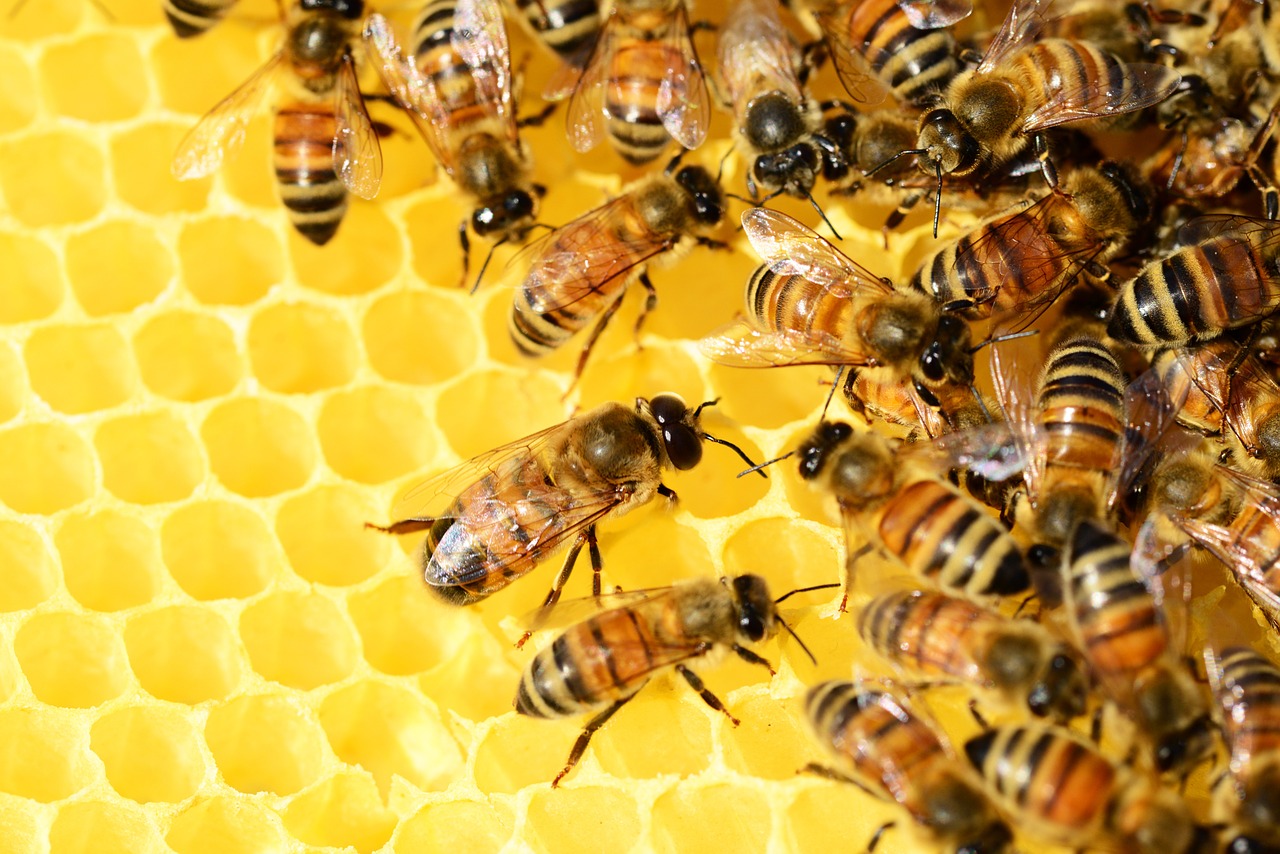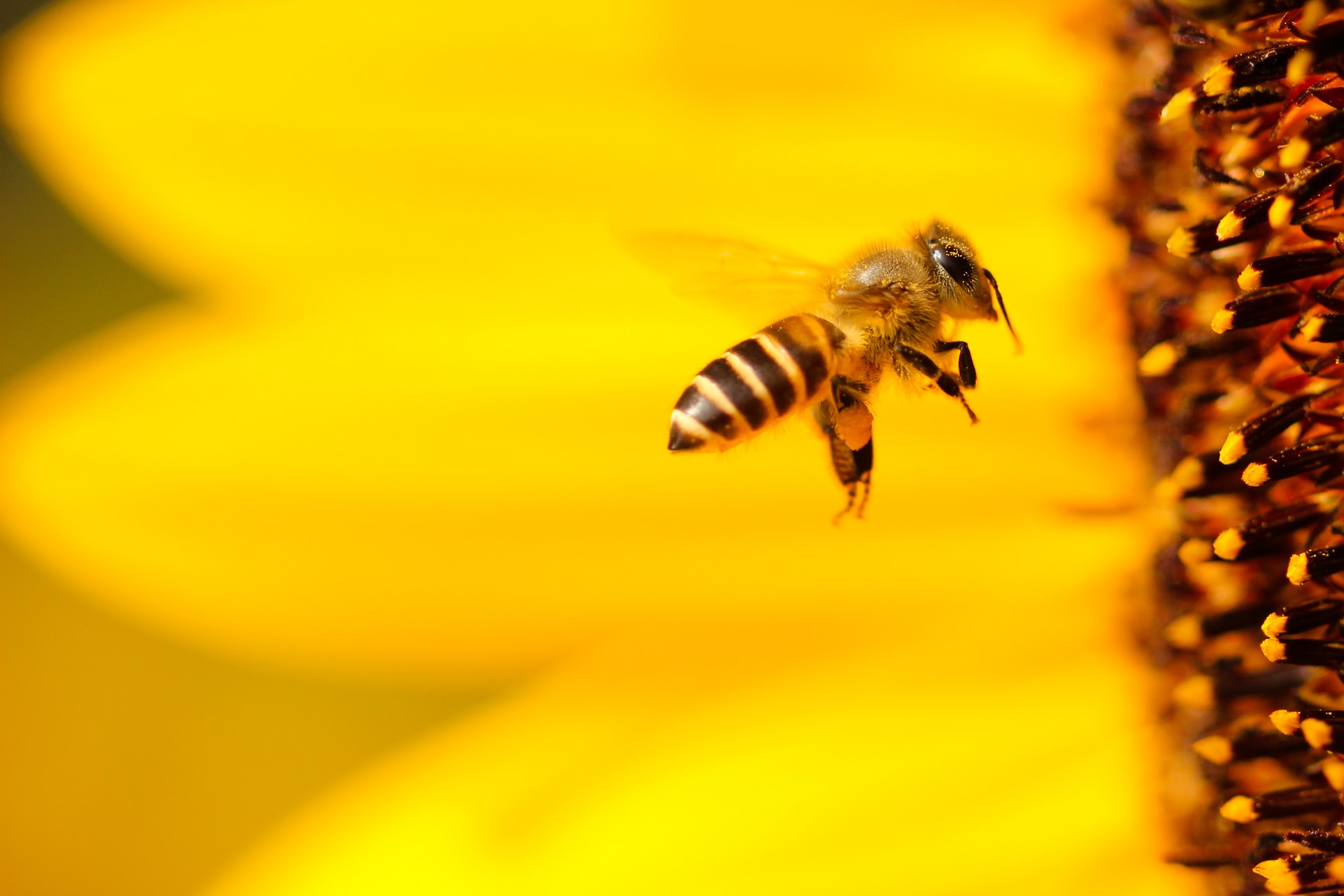
- Sustainable Planet -
- 3mins -
- 1,314 views
It’s official… The Bee Is The Most Important Living Being On The Planet
The Earthwatch Institute concluded that bees are the most important living being on the planet, however, scientists have also made an announcement: Bees have already entered into extinction risk.
Bees: their sting hurts a lot, but if they were to disappear it would hurt much, much more
The Earthwatch Institute concluded in the last debate of the Royal Geographical Society of London, that bees are the most important living being on the planet, however, scientists have also made an announcement: Bees have already entered into extinction risk. — colonies around the world have seen reductions of up to 90% according to recent studies. The reasons are different depending on the region, but among the main reasons are massive deforestation, lack of safe places for nests, lack of flowers, uncontrolled pesticide use, and changes in soil, among others.

WHY HAVE BEES BEEN DECLARED AS THE MOST VALUABLE LIVING BEING ON OUR PLANET?
The Apiculture Entrepreneurship Center of the Universidad Mayor (CeapiMayor) and the Apiculture Corporation of Chile (Cach) with the support of the Foundation for Agrarian Innovation (FIA), conducted a study where it was determined that bees are the only living being that it is not a carrier of any type of pathogen, regardless of whether it is a fungus, a virus or a bacterium. — reported SustainableWeek
Around 70% of the world’s agriculture depends on these insects or, to put it more clearly and directly, you could say that 70 of 100 foods involved the favourable input of bees.
Also the pollinating that the bees do on their rounds allows plants, upon which millions of animals feed, to reproduce. Without them, the fauna would soon begin to disappear. The honey produced by bees not only serves as food, but also provides many other health benefits..
Source: SustainableWeek

WHAT ARE THE REASONS AND HYPOTHESES ATTRIBUTED TO THE EARLY DISAPPEARANCE OF BEES?
The Federal Institute of Technology of Switzerland, proposes a theory that blames the waves produced by mobile telephony. They suggest the waves emitted during calls are capable of disorienting bees, causing them to lose their sense of direction, putting their lives in danger.
The researcher and biologist Daniel Favre, along with other researchers, conducted 83 experiments that showed that bees in the presence of these waves produce a noise ten times higher than usual, behaviour that has been observed to make it known to other bees that they are in danger and it is important to leave the hive.
Undoubtedly, the greatest reason for its disappearance is attributed to the constant fumigation of crops. An example of this is what happened in Colombia during the last three years; 34% of bees in areas using agrotoxins have died of poisoning.
ARE THERE SOLUTIONS TO THE PROBLEM?
There are indeed solutions, but the problem is that it is very difficult to carry them out, because there are very entrenched practices in production and agriculture.
However, three solutions are proposed with the hope that they can be done in a short time:
1. Prohibit, not reduce, the use of toxic pesticides.
2. Promote completely natural agricultural alternatives.
3. Perform constant research and monitoring of the health, welfare and conservation of bees.
Source: SustainableWeek

